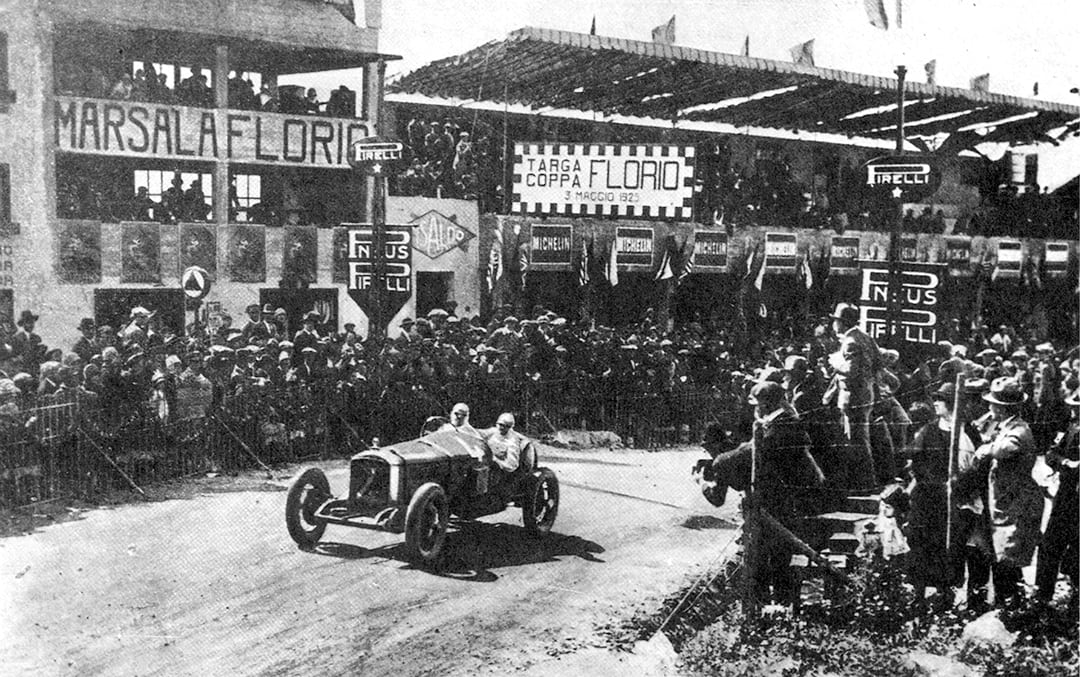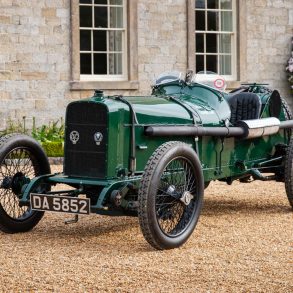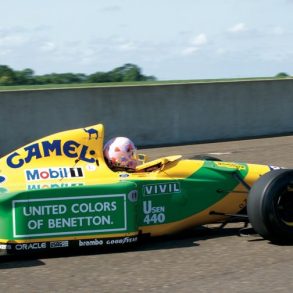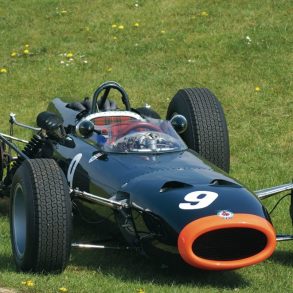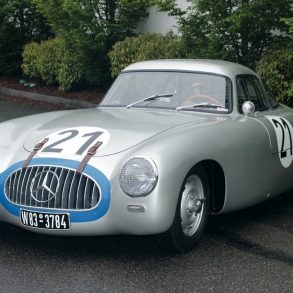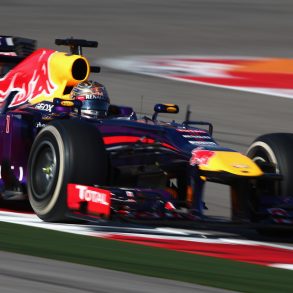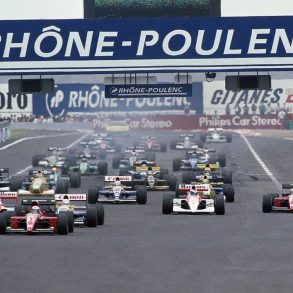Until the outbreak of World War I (1914–18), a Targa Florio had been staged every year since 1906, so Vincenzo Florio was determined to get it going again before the end of 1919. However, it was May before the wealthy Sicilian began to tour Europe to drum up entries, so the race had to be scheduled for the end of the year. Given that most vehicle manufacturers were busy converting to peacetime production and had not built a single racer for at least four years, he did well to cobble together an entry of 21 cars.
One of them was “La Belle Hélène,” named by some romantic after the operetta by Jacques Offenbach. It was a small, light, 2.5-liter Peugeot L25 powered by a four-cylinder, twin overhead camshaft engine with four valves per cylinder. And it was to be driven by 28-year-old André Boillot, brother of Grand Prix winner Georges, who was shot down and killed over the trenches in 1916.
Become a Member & Get Ad-Free Access To This Article (& About 6,000+ More)
Access to the full article is limited to paid subscribers only. Our membership removes most ads, lets you enjoy unlimited access to all our premium content, and offers you awesome discounts on partner products. Enjoy our premium content.
Become a member today!
Already a Member?


